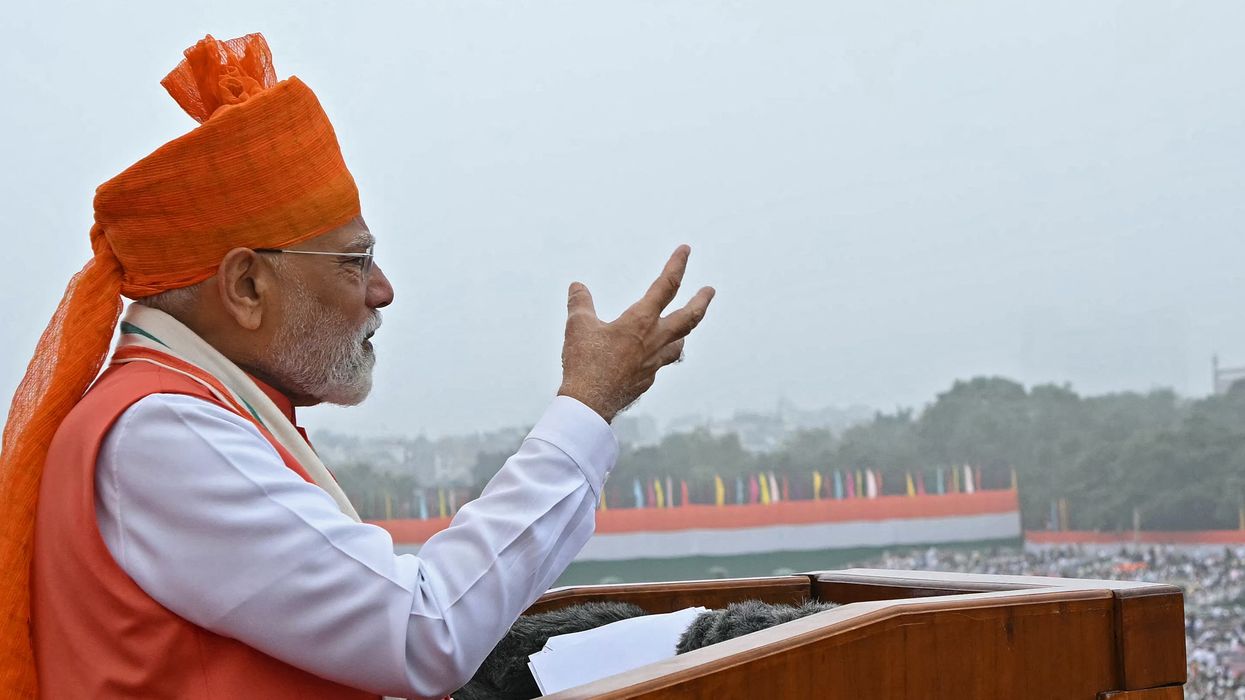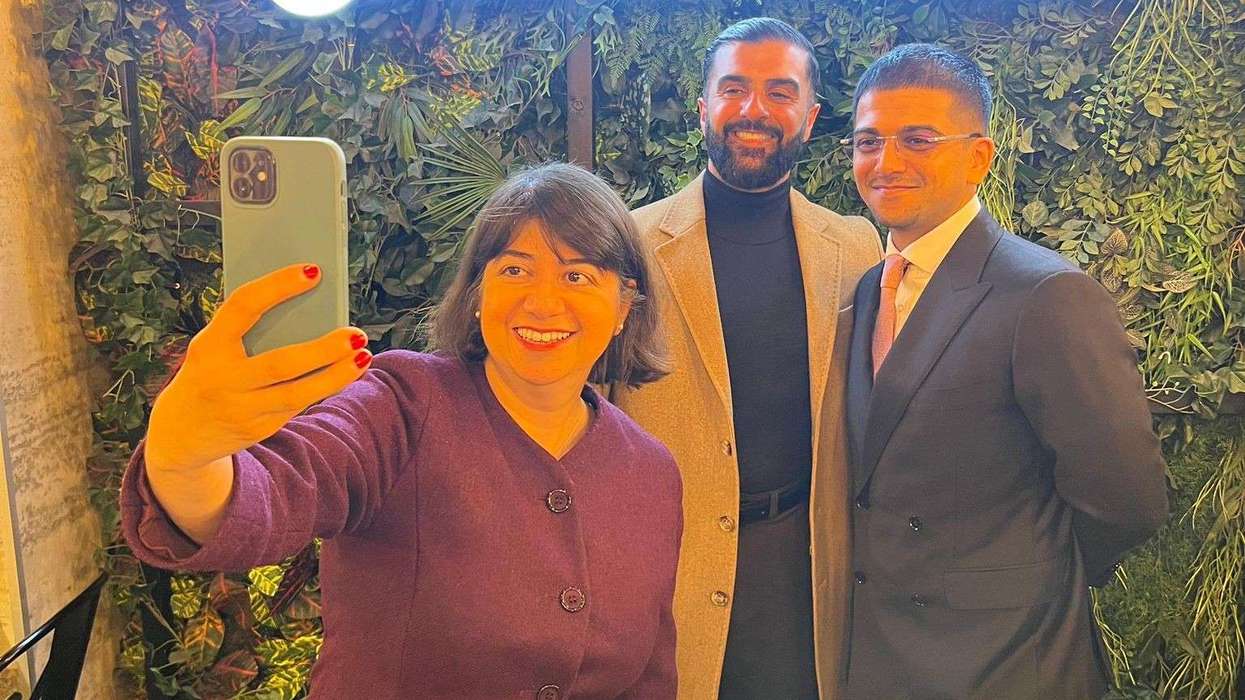INDIA’s government will reduce consumption tax rates by October, a top official said on Friday, hours after prime minister Narendra Modi announced reforms to support the economy amid trade tensions with the United States.
The federal government is planning a two-rate structure of 5 per cent and 18 per cent, removing the existing 12 per cent and 28 per cent slabs, the official told Reuters, requesting anonymity as the plans are still under discussion.
According to the official, 99 per cent of items currently taxed at 12 per cent, including butter, fruit juices, and dry fruits, will be shifted to 5 per cent. The move could affect companies such as Nestle, Hindustan Unilever, and Procter & Gamble.
The announcement follows rising trade tensions between New Delhi and Washington over US tariffs on Indian goods. Modi on Friday urged people to promote domestic products, with some of his supporters calling for a boycott of American goods.
In his Independence Day address, Modi said the goods and services tax (GST) would be reformed and rates lowered by Diwali, which falls in October.
"This Diwali, I am going to make it a double Diwali for you. Over the past eight years, we have undertaken a major reform in goods and services tax. We are bringing next-generation GST reforms that will reduce the tax burden across the country," Modi said.
The final decision will be taken by the GST Council, chaired by the finance minister and comprising state finance ministers, the official said. The council is expected to meet by October.
Brokerage Citi estimates that about 20 per cent of items, including packaged food, beverages, apparel and hotel accommodation, are in the 12 per cent slab. These account for 5-10 per cent of consumption and 5-6 per cent of GST revenue.
If most of these are moved to the 5 per cent slab and some to 18 per cent, the government could see a revenue loss of about 500 billion rupees, or 0.15 per cent of GDP, Citi said. This could take the total policy stimulus for households in the 2025-26 financial year to 0.6-0.7 per cent of GDP, it added.
(With inputs from agencies)




